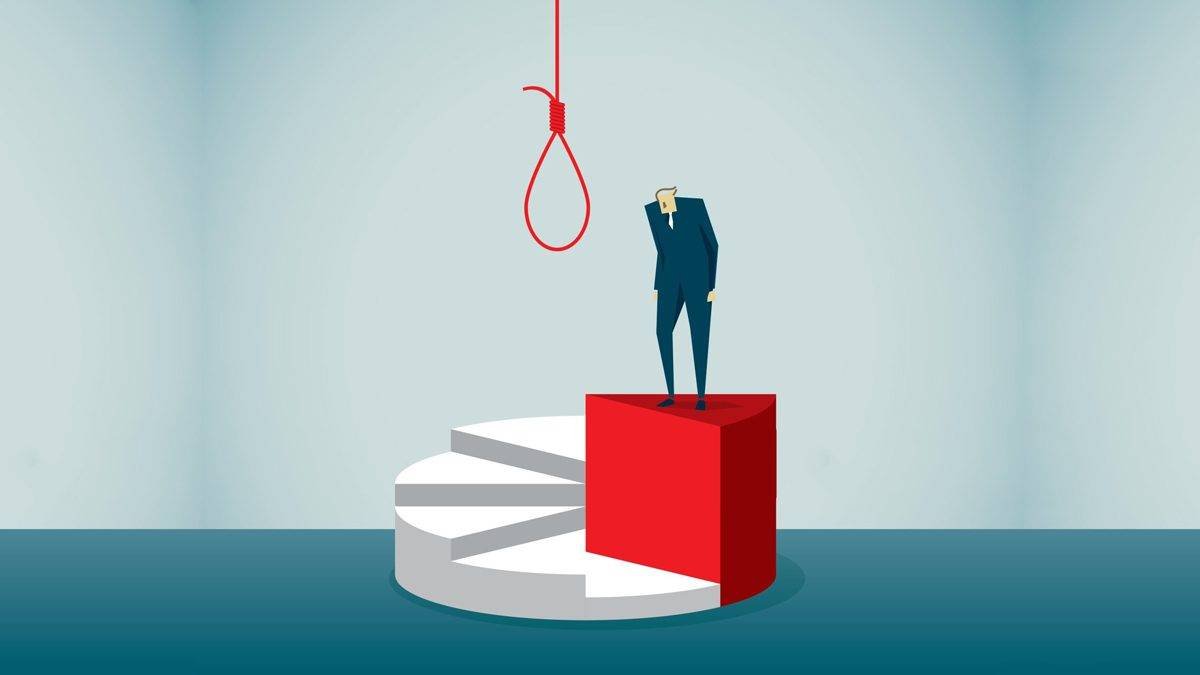Self-destructive behaviors are actions that harm one’s physical, emotional, or mental well-being. Despite being harmful, these behaviors can often feel habitual or even comforting to those who engage in them. But why do people engage in self-destructive behaviors? And is it possible to truly love yourself while continuing these harmful patterns? Let’s explore these questions and uncover ways to break the cycle.
What Are Self-Destructive Behaviors?
Common self-destructive behaviors include:
- Smoking: Around 20% of Americans smoke, despite its well-documented risks.
- Overeating and under-exercising: Leading to obesity, which affects millions worldwide.
- Excessive caffeine use: Often overlooked but can have negative physical effects.
- Substance abuse: From alcohol to recreational drugs, these behaviors can have profound physical and emotional consequences.
Why Do People Engage in Self-Destructive Behavior?
The reasons for self-destructive behaviors vary but often stem from:
- Unresolved Trauma: Past emotional wounds can lead individuals to cope through harmful habits.
- Low Self-Esteem: A negative self-image may make harmful behaviors feel deserved.
- Mental Health Issues: Conditions like anxiety, depression, or personality disorders often correlate with self-destructive tendencies.
- Short-Term Relief: These behaviors can provide momentary escape or pleasure, reinforcing the cycle.
Can You Be Self-Destructive But Love Yourself?
Many people believe they love themselves despite engaging in harmful habits. But is this true self-love? Dr. Seth Meyers, a licensed clinical psychologist, argues that self-love involves treating your body and mind with care and respect. When you engage in behaviors that harm your body, it suggests a disconnect between self-perception and self-treatment.
To love yourself fully, it’s essential to integrate all parts of who you are – your mind, body, and emotions. This means acknowledging your flaws and working toward healthier habits, even if progress is gradual.
Breaking Free from Self-Destructive Patterns
If you’ve recognized self-destructive tendencies in your life, here are steps to help you change:
- Self-Awareness: Identify the behaviors and their triggers. Journaling or talking to a trusted friend can help.
- Seek Professional Help: Therapists and counselors specialize in helping individuals overcome destructive habits.
- Build Support Systems: Surround yourself with people who encourage and support healthier choices.
- Set Small, Achievable Goals: Change doesn’t happen overnight. Start with manageable steps, like reducing caffeine or increasing physical activity.
- Practice Self-Compassion: Forgive yourself for setbacks and celebrate small victories.
Taking Inventory: Do You Truly Love Yourself?
Loving yourself means treating your body with kindness and care. If you engage in self-destructive behaviors, ask yourself:
- Am I showing my body respect?
- What beliefs or emotions drive these actions?
- What steps can I take to change?
The journey to self-love is a continuous process. Acknowledging harmful habits is the first step, and working to change them is an act of self-love in itself.
Final Thoughts
Self-destructive behaviors are more common than many realize, but they don’t have to define you. By understanding the root causes and taking actionable steps, you can break free from these patterns and cultivate a life rooted in self-respect and care.
Remember, progress is a journey, not a destination. Each step toward healthier habits is a victory worth celebrating.

